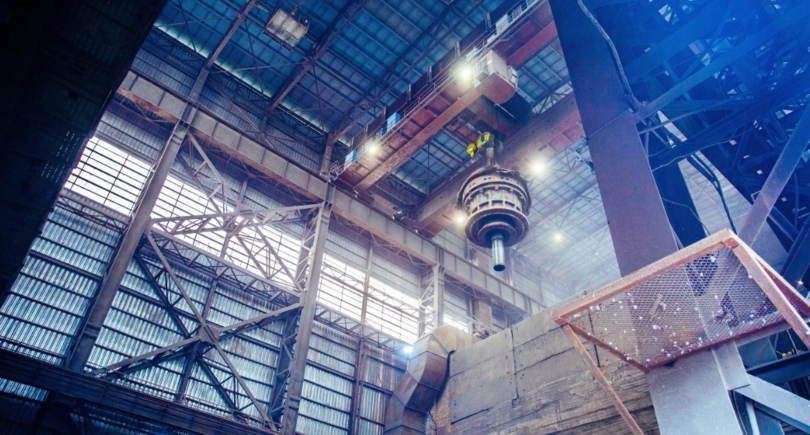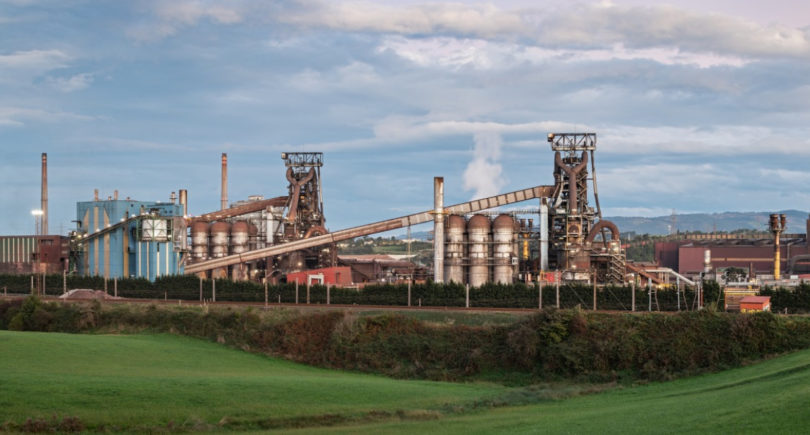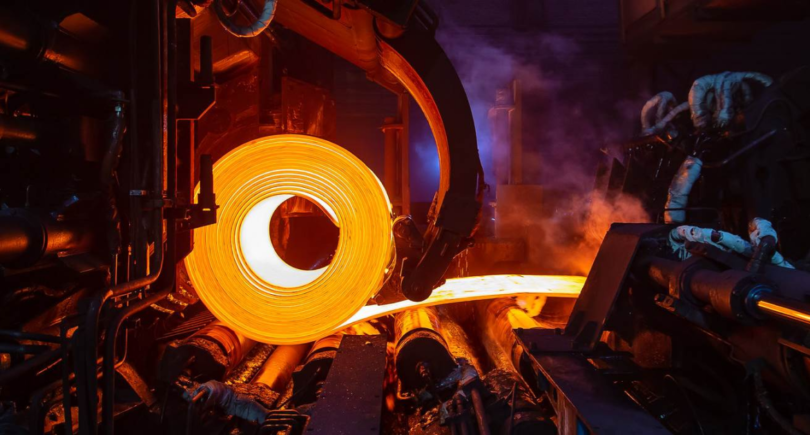
News Companies ArcelorMittal 654 30 November 2023
The decision is due to weak demand and infrastructure problems
ArcelorMittal South Africa (AMSA) plans to wind down its long products operations, Kallanish reports.
The decision is driven by weak demand, ongoing infrastructure problems and the worsening electricity crisis. The move will affect the Newcastle Works, Vereeniging Works and rolling mills that use Newcastle Works products as raw materials. raw materials. It will also potentially affect nearly 3.5 thousand jobs.
AMSA said in a statement that over the past few years, the company has implemented cost-saving initiatives, made adjustments to asset utilization, and implemented various other productivity initiatives. However, this has not improved the trading environment in the country.
Over the past seven years, low GDP growth has led to a 20% drop in apparent steel consumption in South Africa, to 4 million tons per year. At the same time, transportation, energy and logistics costs have risen sharply. They are exacerbated by disruptions in logistics, especially in rail and port connections (Transnet).
In addition, as AMSA noted, the ban on scrap exports has given steel producers who consume it an “artificial” competitive advantage over those who use iron ore. Therefore, the company had no choice but to start winding down its long products business, which can now be switched to maintenance mode.
“AMSA’s board of directors and management reached this decision after exhausting all possible options. No matter how difficult the circumstances may be, we are obliged to ensure the sustainability of the business in the long term in the interests of the company and its stakeholders,» said AMSA Executive Director Kobus Verster.
As GMK Center reported earlier, ArcelorMittal Brasil last week confirmed that temporarily suspends production at three steel mills in southeastern Brazil due to low domestic demand and unprecedented levels of imports.
Also, a steel corporation trying to influence on the situation of the steel market in the EU. During September-November, the company limited production in Belgium, Germany, Poland, France and Bosnia.



